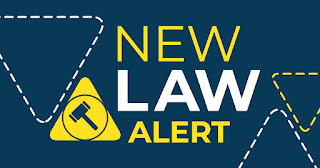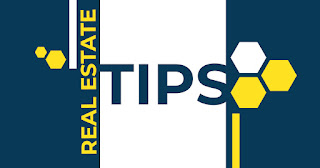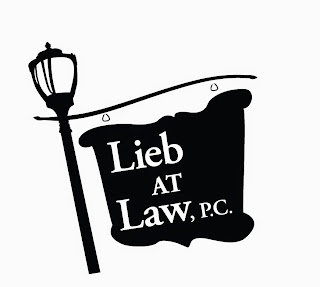On March 18, 2020, the U.S. Department of Housing and Urban Development (HUD) authorized the Federal Housing Administration (FHA) to implement a 60-day moratorium on foreclosures and evictions for single family homeowners with FHA-backed mortgages. Similarly, the Federal Housing Finance Agency (FHFA) also directed Fannie Mae and Freddie Mac to suspend foreclosures and evictions for single family mortgages for at least 60 days. These moratoriums were intended to curb the effects of the coronavirus (COVID-19) on homeowners and in connection with the proclamation of the COVID-19 outbreak as a national emergency.
The 60-day moratorium for FHA, Fannie Mae, and Freddie Mac mortgages took effect on March 18, 2020. For FHA mortgages, the moratorium applies to all FHA Title II Single Family forward and Home Equity Conversion Mortgage (reverse) mortgage programs and covers the initiation of foreclosures up to completion of foreclosures in process. Evictions from properties secured by FHA, Fannie Mae and Freddie Mac single family mortgages are also on hold for 60 days.
In addition to HUD and FHFA moratoriums, all evictions and foreclosures are indefinitely suspended in the counties of Nassau County and Suffolk County.
The 60-day moratorium for FHA, Fannie Mae, and Freddie Mac mortgages took effect on March 18, 2020. For FHA mortgages, the moratorium applies to all FHA Title II Single Family forward and Home Equity Conversion Mortgage (reverse) mortgage programs and covers the initiation of foreclosures up to completion of foreclosures in process. Evictions from properties secured by FHA, Fannie Mae and Freddie Mac single family mortgages are also on hold for 60 days.
In addition to HUD and FHFA moratoriums, all evictions and foreclosures are indefinitely suspended in the counties of Nassau County and Suffolk County.

















